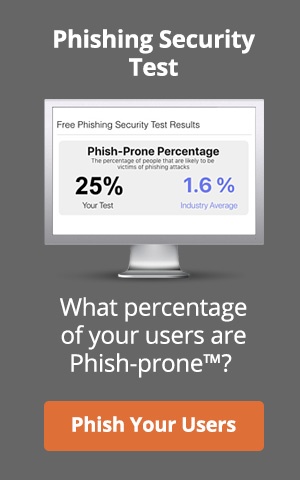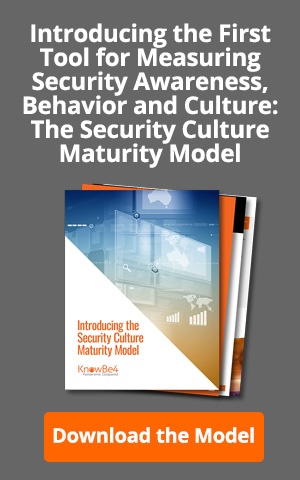 More and more, legit-looking advertising served on major websites turns out to be malicious. Bad guys pay for and posts ads that they hope you will click on. But if you click on those ads, you get redirected to a compromised website. That malicious site might infect your computer with ransomware, and/or display popups that claim your PC has a virus and tell you to dial a toll-free number. If you call that number it will be answered by scammers who claim they are Microsoft but will try to charge your credit card to fix your computer. What to do? You need to stay vigilant at all times and "Think Before You Click":
More and more, legit-looking advertising served on major websites turns out to be malicious. Bad guys pay for and posts ads that they hope you will click on. But if you click on those ads, you get redirected to a compromised website. That malicious site might infect your computer with ransomware, and/or display popups that claim your PC has a virus and tell you to dial a toll-free number. If you call that number it will be answered by scammers who claim they are Microsoft but will try to charge your credit card to fix your computer. What to do? You need to stay vigilant at all times and "Think Before You Click":
- Don't click on links in emails but go to the website you want to visit using your browser.
- Do not click on display ads on websites but go to the website you want to visit using your browser.
- If you get popups that claim your computer has a virus and you need to dial a toll-free number, close your browser, and if this happens in the office, call the IT helpdesk.
In the office, IT will update your computer with the latest versions of software, but at the house you also need to update your applications to their latest versions. If you don't do that, and you wind up on a compromised website, it will try to install malware on your computer. Remember, both in the office and at the house, you need to "Think Before You Click"














